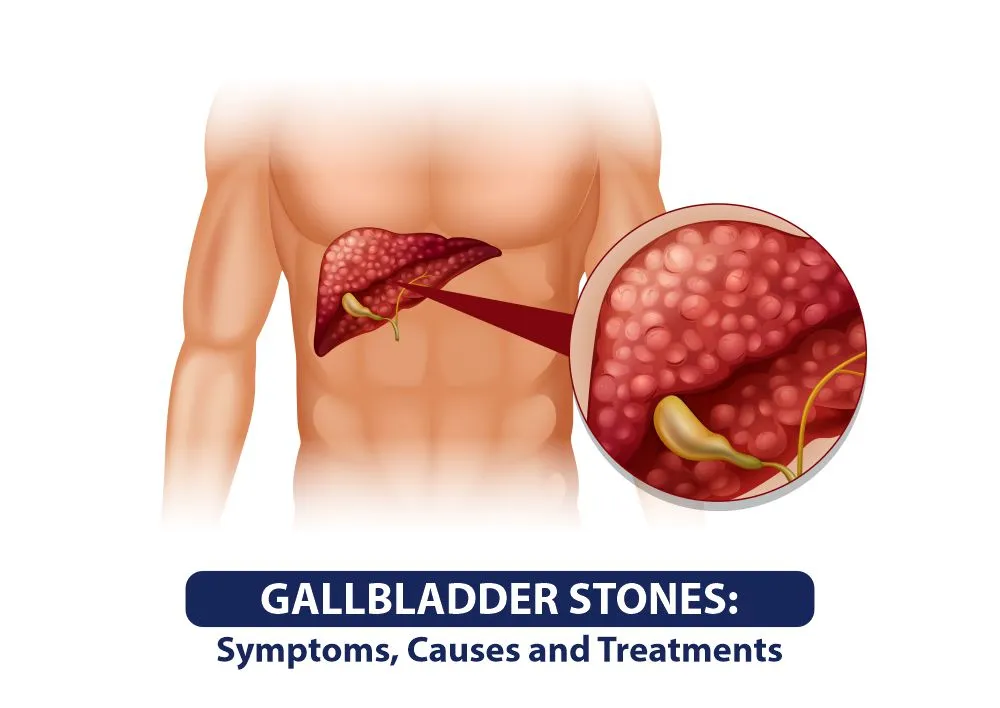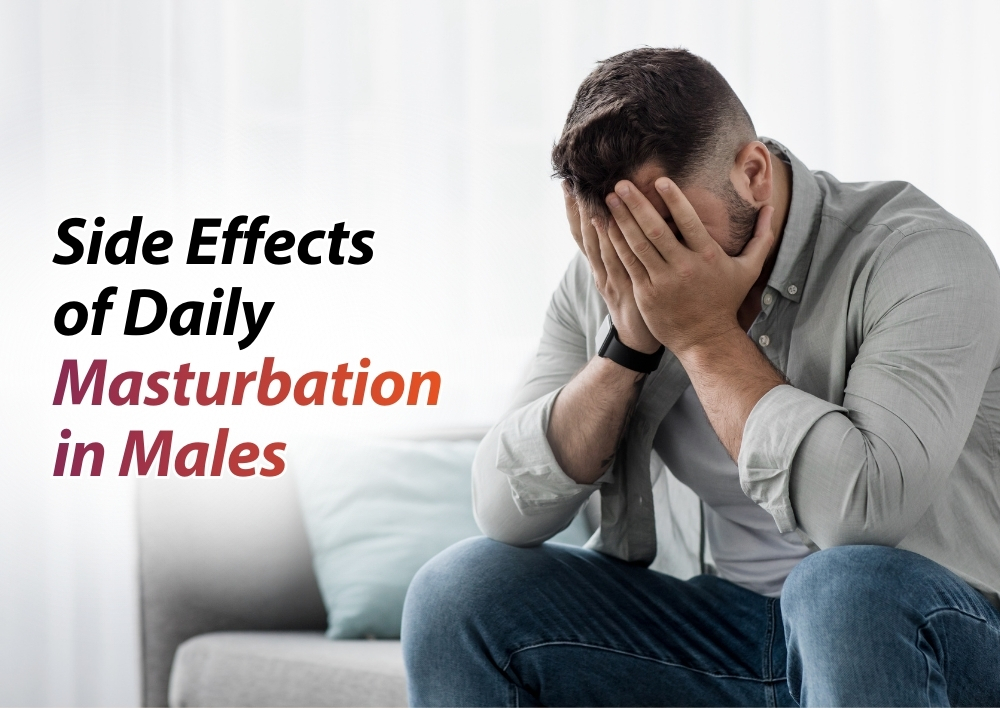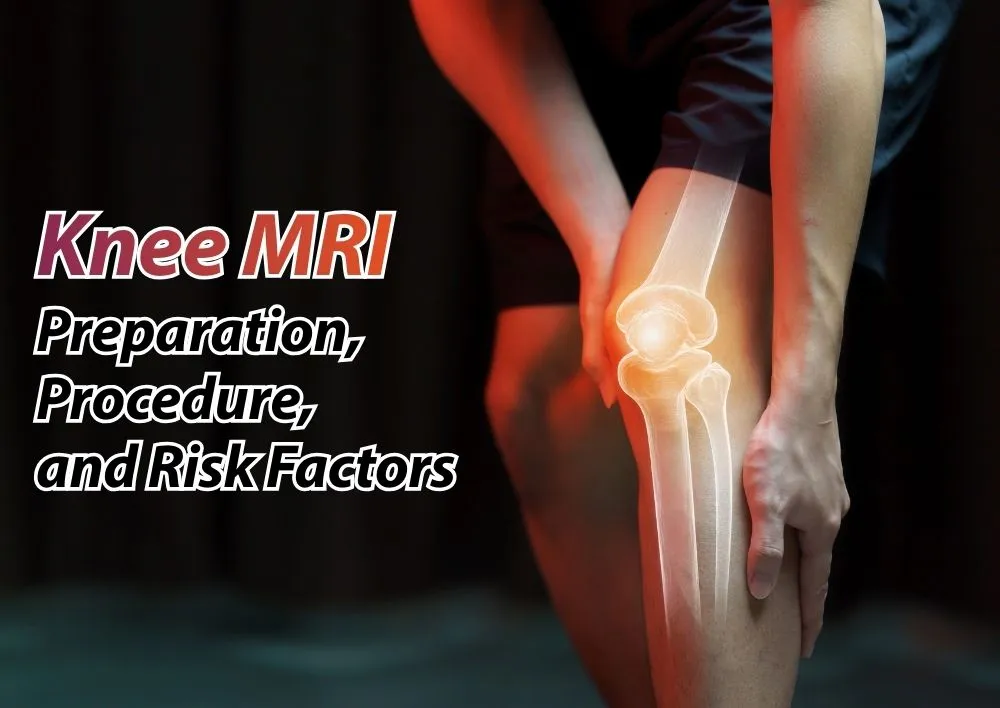Gallbladder Stones: Symptoms, Causes and Treatments
Summary
Gallbladder stones (gallstones) are a common medical condition. They are very small-sized hardened deposits of bile that form in the gallbladder. The gallstones cause different symptoms and complications such as stomach pain, indigestion, vomiting, nausea, etc.
Miracles Apollo Cradle/Spectra is the best general surgery hospital in Gurgaon, well-known for gallstone treatment. Backed by a team of expert general surgeons, and minimally invasive laparoscopic techniques, we believe in providing personalized care. Our experienced team of general surgeons in Gurgaon specializes in gallstone removal, offering options like laparoscopic cholecystectomy for minimal scarring and faster recovery. Our personalized approach ensures your unique needs and concerns are addressed throughout the process.
If you are looking for a general surgeon near you for gallstone treatment, Contact us for an appointment with experts.
In this blog post, we will discuss the symptoms, causes, and treatment options for gallstones.
What is a Gallbladder Stone?
Gallbladder stones can vary in size. They can be as small as a seed of sand or as large as a golf ball. Some people develop multiple gallstones at the same time. Not all gallstones cause any symptoms. However, if gallbladder stones obstruct a bile duct, they can cause symptoms such as severe pain, nausea, vomiting, and fever.
Our gallbladder is a small, pear-shaped organ beneath the liver and on the right side of the abdomen. The gallbladder stores a digestive fluid produced by your liver called bile. When we eat, our gallbladder contracts and empties bile into the small intestine to help digest fats. Gallstones are a hardened collection of bile that can form in the gallbladder.
What are the Types of Gallbladder Stones?
The gallstones are of two types:
-
Cholesterol gallstones: Cholesterol gallstones are one of the most common types of gallbladder stones. They are green or yellow and formed of hardened cholesterol.
-
Pigment gallstones: The pigment gallbladder stones are a less common type of gallstones. They are made up of bilirubin and are usually dark brown or black
What are the Symptoms of Gallbladder Stones?
Not everyone with gallstones experiences symptoms. However, some people may experience the symptoms. Some common symptoms of Gallstone include:
-
Pain: It is the most common symptom of gallbladder stones. The intense pain is generally experienced in the upper right abdomen and may radiate to the back or right shoulder blade. It generally occurs after a high-fat meal.
-
Nausea and Vomiting: If the gallbladder stones block the normal flow of bile. It can cause digestive disturbances and symptoms such as discomfort, nausea, and vomiting.
-
Bloating and Indigestion: When the gallbladder finds it difficult to release the bile for proper digestion. It is characterized by symptoms such as difficulty digesting fatty foods, bloating, and a feeling of fullness.
-
Jaundice: In some cases, gallbladder stones block the bile duct, leading to jaundice. This condition is characterized by symptoms such as dark urine, pale-colored stools, and yellowing of the skin and eyes.
What are the Causes of Gallbladder Stones?
-
Cholesterol Buildup: Most gallbladder stones are formed from cholesterol. It accumulates in the gallbladder when there is an imbalance in the substances that make up bile.
-
Bile Composition: Bilirubin is a pigment that is produced when red blood cells break down. Changes in the bile composition can lead to the formation of gallstones.
-
Obesity: Obesity is a considerable risk factor for gallstone formation. Excess body weight can lead to increased levels of cholesterol in bile and promote stone formation.
-
Family History: If you have a family history of gallstones, then you are at increased risk of developing them.
How Can Gallbladder Stones Be Diagnosed?
Diagnosing gallbladder stones involves a combination of physical examination, blood tests, and imaging tests.
-
Physical Examination and Medical History: Your doctor will take the details of the symptoms you are experiencing and perform the physical examination. They might gently press on your abdomen to check for tenderness or swelling around the gallbladder.
-
Blood Tests: Your doctor may order blood tests to check for bilirubin levels, raised liver enzymes, or white blood cell count. These parameters can help confirm the inflammation or infection associated with gallstones.
-
Imaging Tests: If your doctor needs to confirm the diagnosis, they may order imaging procedures including:
-
Abdominal ultrasound: It is the most common ultrasound scan that uses sound waves to create images of gallbladder and bile ducts. This helps in detecting gallstones.
-
HIDA scan: The hepatobiliary iminodiacetic acid (HIDA) scan uses a radioactive tracer injected into a vein. This helps track the flow of bile from the liver via the gallbladder and into the small intestine. This scan helps detect gallstone that blocks the flow.
-
Abdominal CT scan: The CT scan of the abdomen creates the cross-sectional images of your abdomen to help identify complications like inflammation or infection.
-
MRCP (magnetic resonance cholangiopancreatography): The MRCP uses powerful magnets and radio waves to create detailed images of the biliary ducts and pancreas. It helps detect smaller gallstones present in the bile ducts.
-
Endoscopic retrograde cholangiopancreatography (ERCP): The ERCP is a specialized procedure that is recommended to confirm the blockage shown by other tests. It combines X-rays with a thin tube inserted through the mouth and throat to visualize the bile ducts and remove any gallstones.
How Can Gallballder Stones Be Treated?
There are several treatment options for Gallstones.
-
Lifestyle Modifications: Making dietary changes can help prevent gallstone formation. You can prevent the risk by:
-
Reducing the saturated fats intake
-
Maintaining the cholesterol level
-
Maintaining a healthy weight
-
-
Medication: Your doctor may prescribe you certain medications, such as ursodeoxycholic acid to dissolve gallstones.
-
Extracorporeal Shock Wave Lithotripsy (ESWL): It is a non-invasive technique that involves the use of shock waves to break gallstones into smaller pieces. It helps the gallbladder stones easier to pass or dissolve.
-
Surgery: If your gallstones are recurring frequently, the general surgeon may recommend surgical removal of the gallbladder, known as cholecystectomy. The surgical procedure is often performed laparoscopically, minimizing recovery time.
Conclusion:
Gallbladder stones are a common condition that can cause discomfort. Understanding its symptoms, causes, risk factors, and treatment options can help patients to make informed decisions about their health. If you suspect you have gallstones or are experiencing related symptoms, it is crucial to consult with a healthcare professional for a proper diagnosis and personalized treatment plan. By adopting a healthy lifestyle and seeking timely medical intervention, individuals can manage and prevent gallbladder stones effectively.
Get rid of the gallstone pain, not the care you deserve. Choose Miracles Healthcare and get potential benefits from a combination of expertise, advanced techniques, and patient-centric care.
Miracles Healthcare offers comprehensive healthcare services through multiple facilities: Miracles Apollo Cradle, Miracles Apollo Cradle/Spectra, Miracles Fertility & IVF Clinic, and Miracles Mediclinic. Our facilities are located in Sec 14, Sec 56, and Sec 82, making daily healthcare more convenient for the people of Gurgaon.
Schedule a consultation today with the best general surgery doctor in Gurgaon for effective treatment.
Frequently Asked Questions
Gallstones often develop because of excess cholesterol or bilirubin in the bile, causing it to solidify inside the gallbladder.
Pregnant women can relieve gallbladder pain with warm compresses, proper hydration, and low-fat meals, but must consult a doctor for safe guidance.
Yes, gallstones can affect bile flow and lead to digestive issues, including diarrhea.
Laparoscopic cholecystectomy is considered the most effective treatment for gallbladder stones. This surgical procedure provides long-term relief.
No food can remove gallstones, but fiber-rich and low-fat foods may help prevent them from worsening.
Fatty, fried, oily foods and high-cholesterol meals can start symptoms and worsen the formation of gallbladder stones.
Yes, lengthy fasting may increase the risk of gallstones because bile sits too long in the gallbladder, allowing stones to form.
Miracles Apollo Cradle/Spectra is one of the best hospitals in Gurgaon for gallstone treatment, having a team of expert general surgeons who use advanced surgical techniques like laparoscopy to remove the gallbladder.










_Causes,_Symptoms_Effective_Management_Tips.webp)





Was the information useful?
2 0